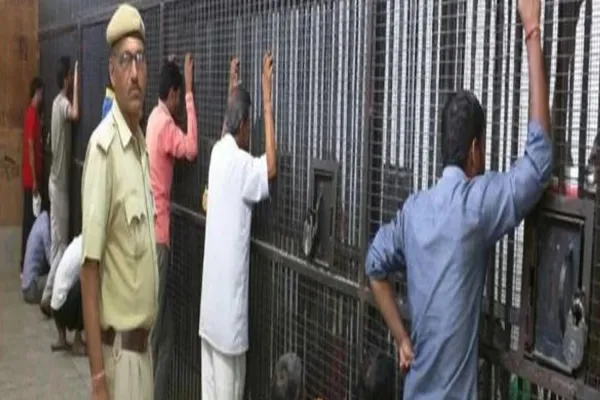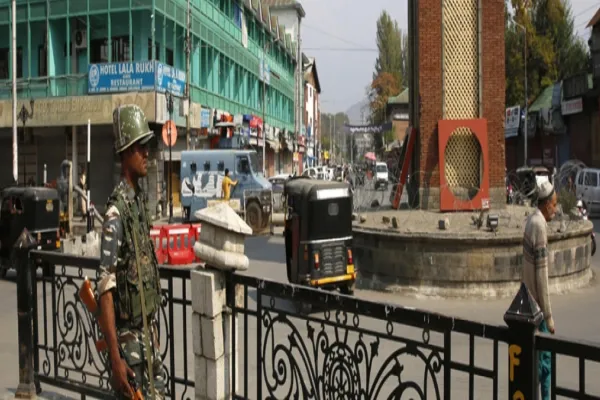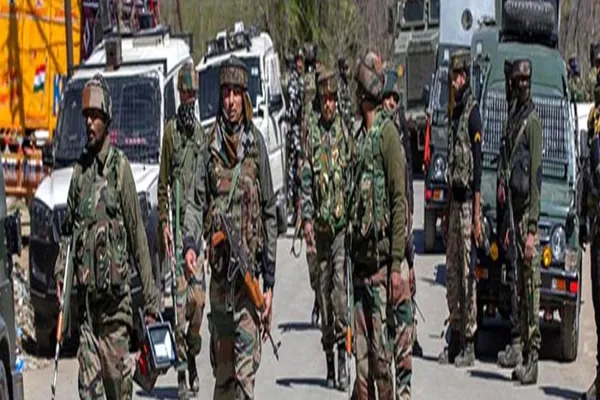i NEWS INTERNATIONAL
Germany moved to tighten border controls and curb irregular migrant inflows after several suspected Islamist attacks sparked public anger and piled pressure on the government. Temporary controls would be extended to Germany's land borders with all nine of its EU neighbours, the interior ministry said in a statement. These would limit migration and "protect against the acute dangers posed by Islamist terrorism and serious crime", Interior Minister Nancy Faeser told a press conference. Chancellor Olaf Scholz's government has faced rising pressure to curb irregular migrant numbers and crack down on extremists after several suspected Islamist attacks. Late last month, three people were killed in a knife rampage in the western city of Solingen, in which the Syrian suspect had been slated for deportation but evaded law enforcement. The attack, claimed by the Islamic State group, came just a week before key regional elections in eastern Germany and inflamed the debate on immigration in the country.
The far-right, anti-immigration Alternative for Germany scored historic successes in the votes in two formerly communist states, a little over a year before national elections. The extended border controls, which will come into force on September 16 for an initial six months, were notified to the European Commission on Monday, the ministry said.Germany already has temporary controls along its border with Austria, which were implemented in 2015 to counter a large influx of migrants and have stayed in place since. Temporary controls along the borders with Poland, the Czech Republic and Switzerland were also introduced last year as concerns over migration grew again. The controls would now be extended to Germany's other land borders, with France, Luxembourg, Belgium, the Netherlands and Denmark, the ministry said. The government has responded to the alarm caused by the Solingen attack, also announcing tighter controls on carrying knives and tougher rules for illegal migrants in Germany.
Berlin has also vowed to step up the expulsion of asylum seekers convicted of crimes. Germany returned 28 Afghans late last month for the first time since the Taliban returned to power in August 2021. The government was now "doing everything to better protect the people in our country", Faeser said Monday, adding that it would expand its options for turning back migrants at the border. Since controls were introduced along large parts of Germany's eastern border in October last year, around 30,000 people had been refused entry, Faeser said. The newly introduced measures would raise the number of people sent back to the country they were entering from, Faeser said. Austria's Interior Minister Gerhard Karner however told the German daily Frankfurter Allgemeine Zeitung on Monday his country "will not accept people who are rejected from Germany".
Domestically, Scholz's government -- a coalition between the Social Democrats, the Greens and the liberal FDP -- has faced strong criticism from opposition parties calling for more action on migration. The conservative CDU-CSU entered into talks with the government to find a consensus solution, but the CDU leader Friedrich Merz said Monday that "it will only work if we really push back on a large scale". The Schengen area, which includes 25 of the 27 EU member states and several other countries, allows free travel between them without border controls. However, member states can reintroduce controls at certain internal borders in case of exceptional circumstances, and several have done so during the Covid pandemic or after attacks. The EU agreed to a hard-fought overhaul to its asylum and migration laws earlier this year but the rules are only set to come into force in 2026.
Credit: Independent News Pakistan









